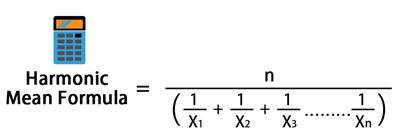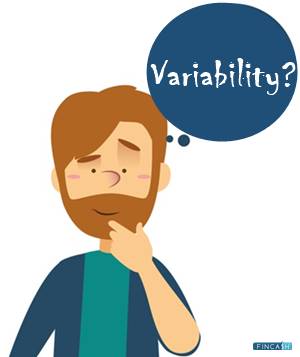Close Position Meaning
A close position has various meanings in the financial context. It refers to an investment that has come to an end, or there is a shift from a long position to a short position. If it is a long position, then closing it means selling the security. The short position, on the other hand, refers to buying the security back.

If you are trading, you must have heard of the opening and closing position in the markets. Well, the first position of an investor on any given security is considered as the open position, and it involves both long-term and short-term positions. The position will be closed only when the long-term position is sold to an investor, or the short-term position is purchased.
It is the opposite action of opening the position. In order to close out existing positions, the investor has to either buy or sell the shares.
Suppose a person holds share of a reputable company. After someday, he decides to sell it to a buyer. Here, the position will be closed as soon as the transaction is over and the shares are sold. Also, the investor intends to sell the shares at a price higher, meaning, there is a good chance to earn profits. The close position will reflect whether the investor made a profit on the investment or they experienced loss.
Difference Between Selling and Closing Position
The investor may decide to close the position for a number of reasons – the most common one is to generate cash. It isn’t always similar to selling stock, but oftentime, closing position refers to selling stock.
Talk to our investment specialist
The holding period refers to the duration between the opening and closing position. In other words, it determines the time it takes for the investor to buy and sell the shares. This period might vary significantly depending on the type of security you are Investing in along with your preference. For instance, a person involved in day trading might close out the position the same day, while a long-term investor might close out a position in some years.
Note that closing position is only possible with certain types of securities that do not involve any finite maturity period. If the security has an expiry date, then that can’t be closed.
Usually, the closing position takes place with the consent of the investor, but there are exceptions. Sometimes, the broker might close a position if they notice that the stocks are declining rapidly and the investor is unable to add the additional margin to their accounts.
All efforts have been made to ensure the information provided here is accurate. However, no guarantees are made regarding correctness of data. Please verify with scheme information document before making any investment.












